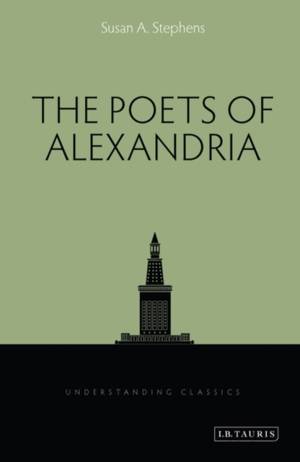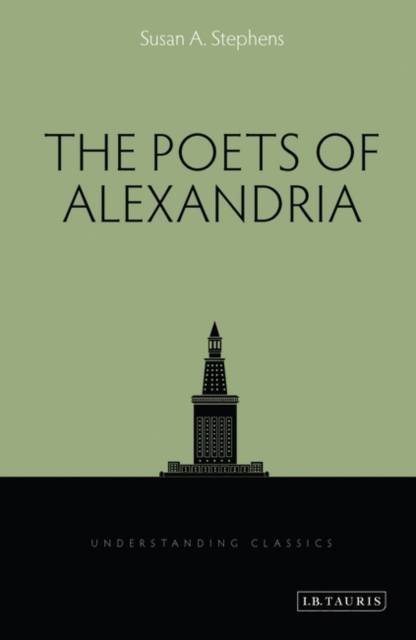
- Afhalen na 1 uur in een winkel met voorraad
- Gratis thuislevering in België vanaf € 30
- Ruim aanbod met 7 miljoen producten
- Afhalen na 1 uur in een winkel met voorraad
- Gratis thuislevering in België vanaf € 30
- Ruim aanbod met 7 miljoen producten
Zoeken
€ 55,95
+ 111 punten
Uitvoering
Omschrijving
Alexandria was the greatest of the new cities founded by Alexander the Great as his armies swept eastward. It was ruled by his successors, the Ptolemies, who presided over one of the richest and most productive periods in the whole of Greek literature. Susan A Stephens here reveals a cultural world in transition: reverential of the compositions of the past (especially after construction of the great library, repository for all previous Greek oeuvres), but at the same time forward-looking and experimental, willing to make use of previous forms of writing in exciting new ways. The author examines Alexandria's poets in turn. She discusses the strikingly avant-garde Aetia of Callimachus; the idealized pastoral forms of Theocritus (which anticipated the invention of fiction); and the neo-Homerian epic of Apollonius, the Argonautica, with its impressive combination of narrative grandeur and psychological acuity. She shows that all three poets were innovators, even while they looked to the past for inspiration: drawing upon Homer, Hesiod, Pindar and the lyric poets, they emphasized stories and material that were entirely relevant to their own progressive cosmopolitan environment.
Specificaties
Betrokkenen
- Auteur(s):
- Uitgeverij:
Inhoud
- Aantal bladzijden:
- 208
- Taal:
- Engels
- Reeks:
Eigenschappen
- Productcode (EAN):
- 9781848858794
- Verschijningsdatum:
- 30/05/2018
- Uitvoering:
- Hardcover
- Formaat:
- Genaaid
- Afmetingen:
- 140 mm x 216 mm
- Gewicht:
- 390 g

Alleen bij Standaard Boekhandel
+ 111 punten op je klantenkaart van Standaard Boekhandel
Beoordelingen
We publiceren alleen reviews die voldoen aan de voorwaarden voor reviews. Bekijk onze voorwaarden voor reviews.











